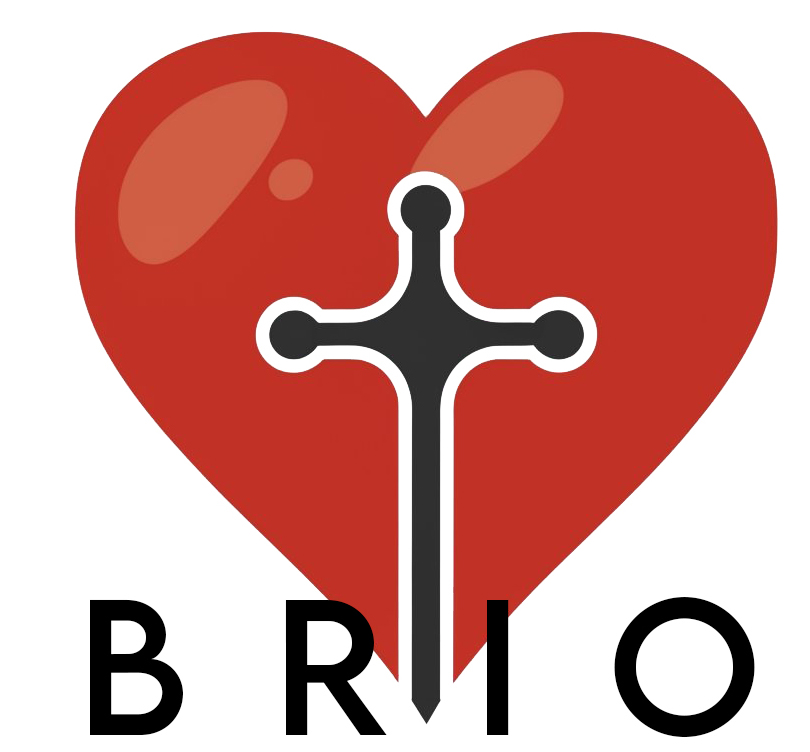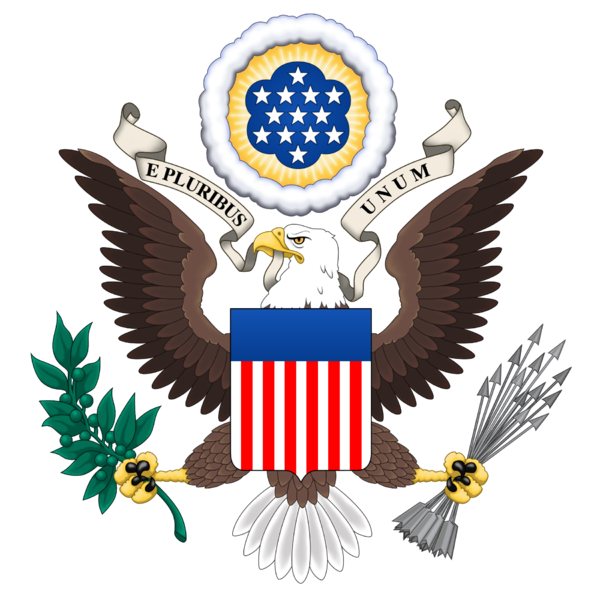Have you ever met someone and been really amazed by their beauty; but found, as time passes, their beauty just doesn’t have the same impact? If you can relate to this then you will easily understand the phenomena Rokeby talks about in today’s audio – the way that interesting things can soon become so familiar that we almost stop noticing them. Rokeby noticed this when his son asked him a simple question about a dollar bill. What followed was a fascinating journey into the founding of the United States.
|
Dollars & Vampires Notes & Ideas
Hi, welcome to Culture Clash, the class which explores unusual and unexpected cultural connections. Today’s advanced English listening starts off with an etymological analysis of the word dollar – a linguistic journey which will take you to a little known valley in Europe. Advanced English Listening 1 For us the word ‘dollar’ is quintessentially American. However, it is actually of German origin. Also, the US shares the word with many countries who have their own dollars including Australia, Canada, Hong Kong and Singapore. The word in English is actually a mutation of the word ‘Thaler’ in German – which means ‘valley’. But even this was not the original name… the original name was ‘Joachimsthale’ ( from the silver mining valley of Joachimsthale in Bohemia where the coins were first minted in 1520.) Naturally, the name was far too long and it was shortened to ‘thaler.’ It then passed into many languages in different variations including ‘tolar’ in Czech and ‘dalur’ in Icelandic. In English it was ‘dollar’. The origins of the dollar sign are disputed – it is first found in 1770. Some say it was an abbreviation of “PS”, referring to the Spanish American Peso – the ‘S’ gradually being written over the P until it arrived to the current dollar sign. Others say it was directly from the symbol for the Spanish peso which is represents one of the pillars of hercules with a ribbon as depicted in the Spanish Coat-of-Arms. Dollar is often used these days as a general term for all money… as you can hear in Aloe Black’s 2010 track… I need a dollar, the theme tune for How to make it in America a series from HBO. Advanced English Listening 1 2 HBO is an acronym of Home Box Office – a cable channel started in 1972 with 21 million subscribers in the US, transmitted in 151 countries and now owned by Time Warner. Don’t be put off though by its corporate owners, HBO is universally regarded as the most challenging, trendy and interesting channel on American TV. And if you doubt it I have just three words for you: Game of Thrones. But don’t worry if you’re one of the few people in the world not totally absorbed by this sword and sorcery drama, HBO works across all genres; the common link – high quality drama. Other great examples are hyper realist crime series the Wire, Sex and the City, The Sopranos, Entourage, Deadwood, Boardwalk Empire, Six Feet Under and vampire drama, True Blood. Advanced English Listening 3 True Blood is an HBO series based on The Southern Vampire Mysteries by Charlaine Harris. The series is set in a near future when scientists create synthetic blood, allowing vampires to reveal their presence in human society as they no longer need to feed. The setting of True Blood is a small town in Louisiana and in fact, much of the shows power derives from the interaction and amusing customs of this small community. Despite a great first season, though, True Blood unfortunately falls into the position of so many series: as they make more and more episodes they become weaker and weaker and the story line is just bizarre. Added to the vampires are shape shifters – humans who can turn into animals, telepaths and various other supernatural phenomena. Unfortunately, Charlaine Harris didn’t do what the father of all vampire literature did… just stick with one vampire and one book. And who was that father? Bram Stoker.
Advanced English Listening 4 Bram Stoker was an Irish writer who is best known for the Gothic novel, Dracula. Born in 1847 he had a bizarre childhood experience which may or may not have contributed to his artistic development: he spent the first seven years of his life in bed. He eventually recovered from the illness that put him there and was healthy from then on. Writing Dracula was not a sudden and spontaneous enterprise – he spent several years studying Eastern European mythology and folk lore. However, the title of the book clearly was sudden and spontaneously changed. In the nineteen eighties the original manuscript to Dracula was found in a Pennsylvanian barn and the title page does not say Dracula; rather… “The Un-dead.” And as a final post script to semester 1 of our course… guess who bought this manuscript.. yes, the man who seems to buy everything, co-founder of Microsoft, Paul Allen. Thank you.
Listening
Listening answers
|

